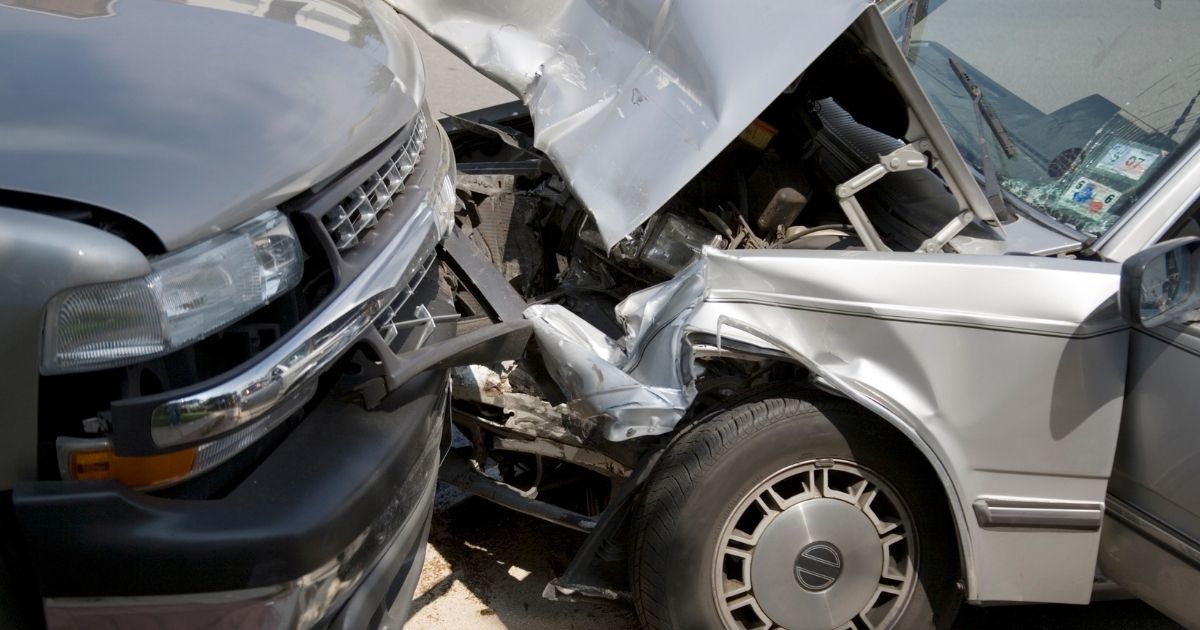The Difference Between Collision and Comprehensive Coverage

When it comes to car insurance, understanding the differences between collision and comprehensive coverage is important for selecting the right policy. These two types of coverage are often confused, but each serves a unique function in protecting drivers from different types of damage. Whether you have a new or old vehicle, it is important to know what each of these covers, as it will influence the type of protection your car receives after an accident.
What Is Collision Coverage?
Collision coverage protects a driver when their vehicle is damaged due to a collision with another car, an object like a fence or guardrail, or even when a car flips over. It covers the repair or replacement costs of your car when involved in these types of accidents, regardless of who is at fault. It is important to note that collision coverage only applies in situations where the driver’s car is in a direct collision. If the damage occurs due to other factors, such as vandalism or natural disasters, this coverage would not apply.
The primary benefit of collision coverage is that it provides a safety net when accidents happen, and the damage to your vehicle is your responsibility. However, if another driver is at fault for the collision, their insurance may cover the damages to your car. Without collision coverage, the financial responsibility for repair or replacement falls solely on the driver.
What Is Comprehensive Coverage?
Comprehensive coverage offers protection against damage that occurs not from a collision, but from a wide variety of other events. This includes natural disasters like storms, flooding, hail, or falling trees. It also covers theft, vandalism, fire, and even animal collisions, such as hitting a deer. Essentially, comprehensive coverage applies when the damage to your car does not result from a direct crash but from other incidents outside of your control.
For example, if a hailstorm severely damages your car or if your car is stolen, comprehensive coverage would cover the repairs or the replacement of your vehicle. Unlike collision coverage, which only applies in specific accident scenarios, comprehensive protection addresses damage from a broader range of sources. As with collision coverage, comprehensive coverage typically does not cover the damage if another driver is at fault in an accident; their insurance would handle the costs.
Why Do I Need Both Collision and Comprehensive Coverage?
While collision and comprehensive coverage protect against different types of damage, they both serve to safeguard the value of your vehicle. If you have a newer car or one that is of significant value, having both collision and comprehensive coverage may be a wise decision, as these types of insurance help you recover from incidents that could otherwise be expensive to handle out-of-pocket.
For older vehicles, however, the cost of both collision and comprehensive coverage may outweigh the benefit. The premiums for these coverages can increase as a car gets older, and if the value of the car has significantly depreciated, it might not be worth purchasing both.
Will My Policy Cover Everything?
Collision and comprehensive coverage do not cover damages from driver negligence, misuse, or incidents involving alcohol or drugs. They also exclude personal injuries; separate medical payments or personal injury protection insurance is needed for injury coverage.
Both types of coverage typically come with deductibles, which are the out-of-pocket costs you pay before the policy covers the rest. A higher deductible usually results in lower premiums, but it is important to consider whether you can afford the deductible in the event of a claim.
Contact the Skilled Brick Car Accident Lawyers at Kitrick, McWeeney & Wells, LLC for Legal Guidance After a Motor Vehicle Crash
If you were involved in an accident and are uncertain about your coverage or need legal assistance with an insurance claim, the Brick car accident lawyers at Kitrick, McWeeney & Wells, LLC can offer experienced counsel. For a free consultation, submit our online form or call 732-920-8383. Located in Manasquan and Brick, New Jersey, we serve clients across the state.








